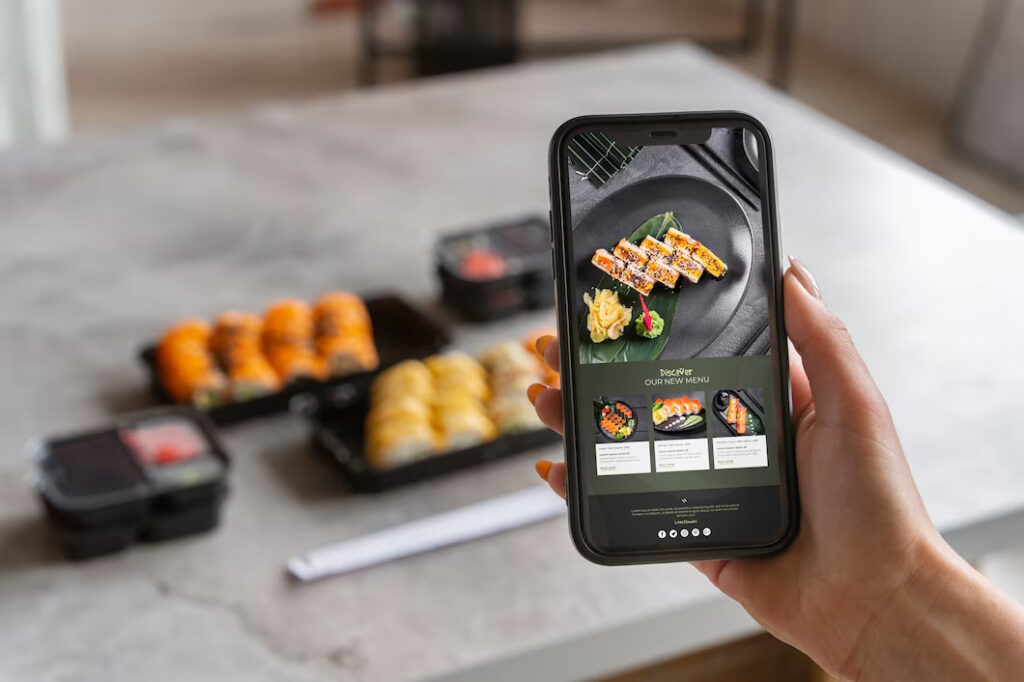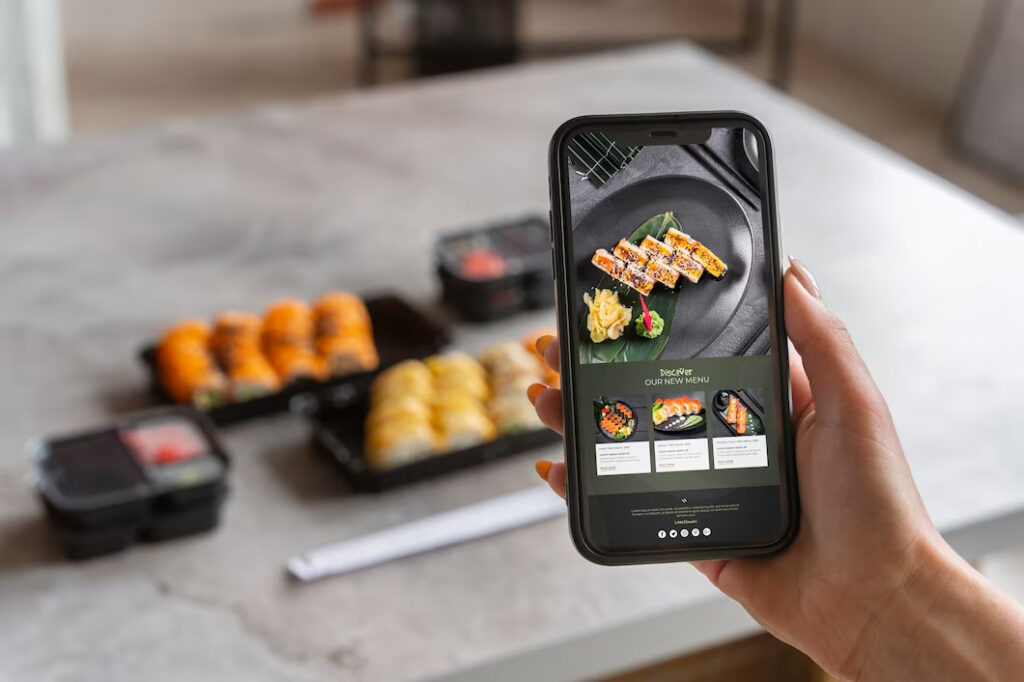The world of culinary experiences is undergoing a revolutionary transformation with the emergence of virtual kitchens. Virtual kitchens, also known as ghost kitchens or cloud kitchens, are a groundbreaking concept that combines cutting-edge technology with the art of cooking.

In this article, we will delve into the fascinating realm of virtual kitchens, exploring their definition, operation, and the impact they are having on the food industry. From their advantages to the challenges they face, we will uncover how virtual kitchens are redefining the culinary landscape and shaping the future of food delivery.
Virtual kitchens, at their core, are professional cooking facilities designed exclusively for delivery-based food businesses. Unlike traditional brick-and-mortar restaurants, virtual kitchens do not have a physical dining area for customers. Instead, they focus solely on the preparation and delivery of food. These kitchens leverage advanced technology, including online ordering platforms and sophisticated kitchen management systems, to streamline operations and enhance efficiency.
The operation of virtual kitchens revolves around the seamless integration of technology and culinary expertise. They leverage data analytics and customer insights to optimize their menus and offerings, ensuring a personalized and engaging customer experience. By eliminating the need for expensive real estate and dining spaces, virtual kitchens significantly reduce overhead costs, making them an attractive option for aspiring chefs and entrepreneurs. This affordability factor also allows virtual kitchens to experiment with unique concepts and cuisines, providing customers with diverse options.
Moreover, virtual kitchens have the advantage of flexibility and scalability. With the absence of physical restrictions, they can quickly adapt to changing market demands and consumer preferences. They can easily adjust their menu, experiment with new dishes, and expand their operations without the constraints faced by traditional restaurants.

Virtual kitchens also enhance the delivery experience. By specializing in delivery, they optimize their processes for speed and efficiency, ensuring that food reaches customers in a timely manner. Additionally, virtual kitchens have the potential to reduce environmental impact by strategically locating their facilities closer to target areas and minimizing delivery distances and emissions.
While virtual kitchens present numerous benefits, they are not without challenges. One major hurdle is establishing a solid online presence and brand identity in an increasingly competitive market. With many virtual kitchens vying for customer attention, it is crucial to stand out by offering high-quality, innovative cuisine and providing exceptional customer service.
Another challenge is ensuring consistent food quality. Without the oversight of a physical restaurant, maintaining quality control becomes paramount. Virtual kitchens must invest in robust quality assurance processes and train their staff to meet the highest standards consistently.
Furthermore, regulatory compliance and licensing requirements can pose obstacles for virtual kitchens. Different regions and jurisdictions may have varying regulations concerning food safety, permits, and zoning. Complying with these regulations is essential for the long-term success of virtual kitchens.
Despite the challenges, the future prospects for virtual kitchens are incredibly promising. The increasing demand for food delivery, driven by changing consumer habits and advancements in technology, provides a fertile ground for their growth. Virtual kitchens have the potential to revolutionize how food is prepared and delivered, offering convenience, variety, and affordability to consumers.
Virtual kitchens represent an exciting evolution in the culinary landscape. By harnessing the power of technology, these innovative kitchens are redefining the food industry, offering unparalleled convenience and variety to customers. The benefits they bring, such as reduced costs, flexibility, and enhanced delivery experiences, are transforming the way food businesses operate. While challenges exist, virtual kitchens have immense potential and are poised to play a significant role in the future of food delivery.
Learn more at Wiki as well.
